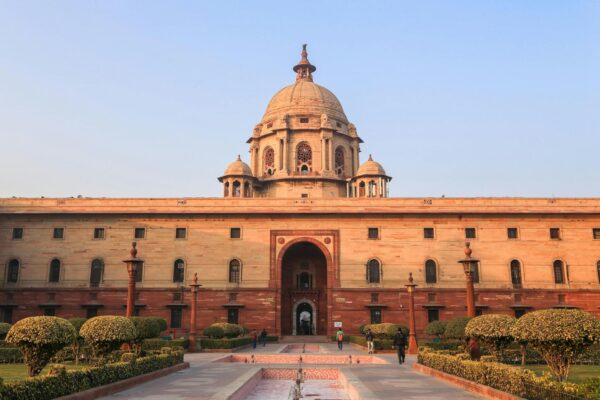🇮🇳 1. The Constitution of India
The Constitution of India is the supreme law of the country. It lays the framework that defines the political principles, structure, powers, and duties of government institutions, and fundamental rights and duties of citizens.
✅ Key Facts:
- Adopted on: November 26, 1949
- Came into effect on: January 26, 1950 (celebrated as Republic Day)
- Drafted by: Constituent Assembly, chaired by Dr. B.R. Ambedkar
- World’s longest written constitution
- Original text: 395 Articles, 22 Parts, 8 Schedules (currently has 470+ Articles, 25 Parts, 12 Schedules due to amendments)
📚 Objectives:
Outlined in the Preamble, the Constitution aims to secure:
- Justice (social, economic, and political)
- Liberty (of thought, expression, belief, faith, and worship)
- Equality (of status and opportunity)
- Fraternity (assuring dignity and unity of the nation)
⚖️ 2. Indian Law: An Overview
Indian Law refers to the legal system in India based on:
- The Constitution
- Statutory laws (legislation)
- Customary laws
- Judicial decisions (precedents)
🏛️ Types of Law in India:
- Constitutional Law
- Based on the Constitution
- Governs the relationship between the State and citizens
- Criminal Law
- Deals with crimes and punishment
- Examples: Indian Penal Code (IPC), Code of Criminal Procedure (CrPC)
- Civil Law
- Resolves disputes between individuals or organizations
- Includes contract law, property law, family law, etc.
- Administrative Law
- Regulates government agencies and public administration
- Personal Laws
- Based on religion: Hindu Law, Muslim Law, Christian Law, etc.
- Corporate and Commercial Law
- Governs business, trade, and corporate affairs
⚖️ Judicial System in India
- Supreme Court – Highest court of appeal, constitutional authority
- High Courts – One in each state or group of states
- District & Session Courts – Local level courts handling civil and criminal cases
📜 Fundamental Legal Concepts:
- Rule of Law: Everyone is equal before the law
- Separation of Powers: Among Legislature, Executive, and Judiciary
- Judicial Review: Courts can strike down unconstitutional laws
